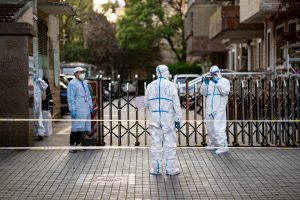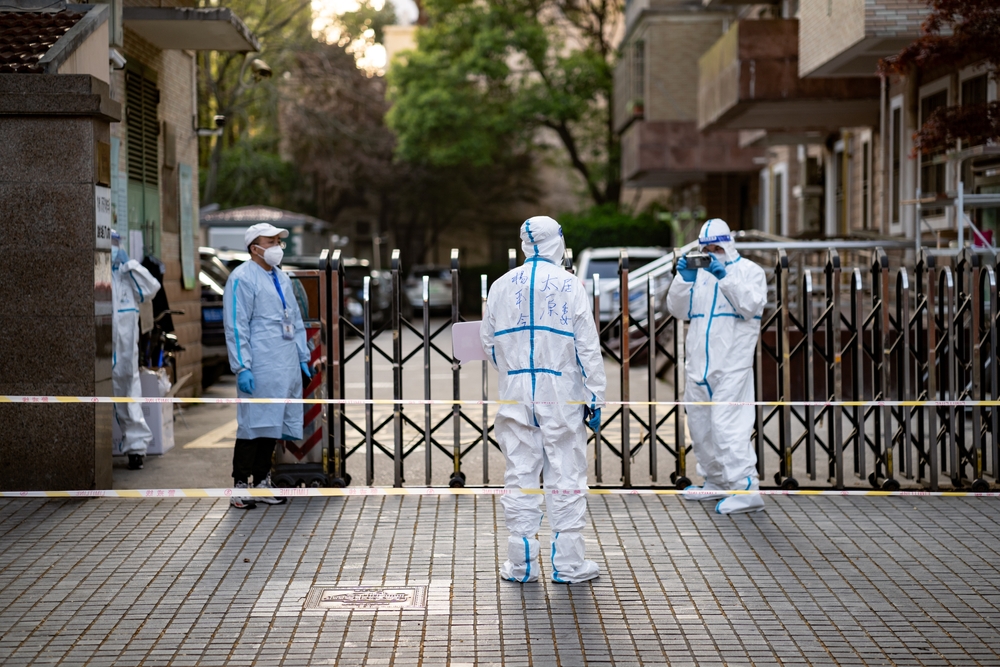Almost a million residents of Wuhan and businesses are in unrest. China imposes restrictions after four asymptomatic cases were confirmed, following the regular testing that verified two cases and another two after contact tracing.
Wuhan, the city where the first COVID-19 case was reported over two years ago, shut down its district of Jiangxia after four asymptomatic cases were reported. China imposes a strict zero-COVID policy, gambling no chance of having another outbreak considering that it is the epicentre of the pandemic.

The authorities announced the lockdown as “temporary control measures”, enforcing residents to stay in their homes for three days. People and businesses are expressing their distress as all entertainment venues including cinemas, bars and restaurants, were closed. Conferences and performances were suspended and religious activities were banned. Tourist attractions and educational institutions’ activities and operations were also suspended.
Transportation services were stopped to further keep residents from leaving the district unless completely essential.
After the authorities announced the four confirmed cases detected in Jiangxia district last Tuesday, four neighbourhoods were identified as high-risk, banning residents from leaving their homes. Another four neighbourhoods were defined as medium-risk, restricting residents from leaving their compounds.
All efforts are geared towards reducing the flow of people and lowering the risk of cross-infection to achieve the zero-COVID policy, as early as possible.
Dr Leong Hoe Nam, Infectious Disease Specialist from Rophi Clinic in Singapore affirms that even though China has a highly vaccinated population, most of them are vaccinated with Sinovac/Sinopharm. If the government decides to let go of its zero-COVID policy, the country would likely experience a major wave of COVID-19 cases. In addition to this, since their residents are not vaccinated with mRNA, the number of cases will increase and may become overwhelming for their healthcare system.
While many other countries are continuing to move on from the pandemic, the Chinese government, including the leader of the country, Xi Jinping, constantly pledges to adhere to the zero-COVID policy, keeping in view that the vaccination rate among the elderly is low.













